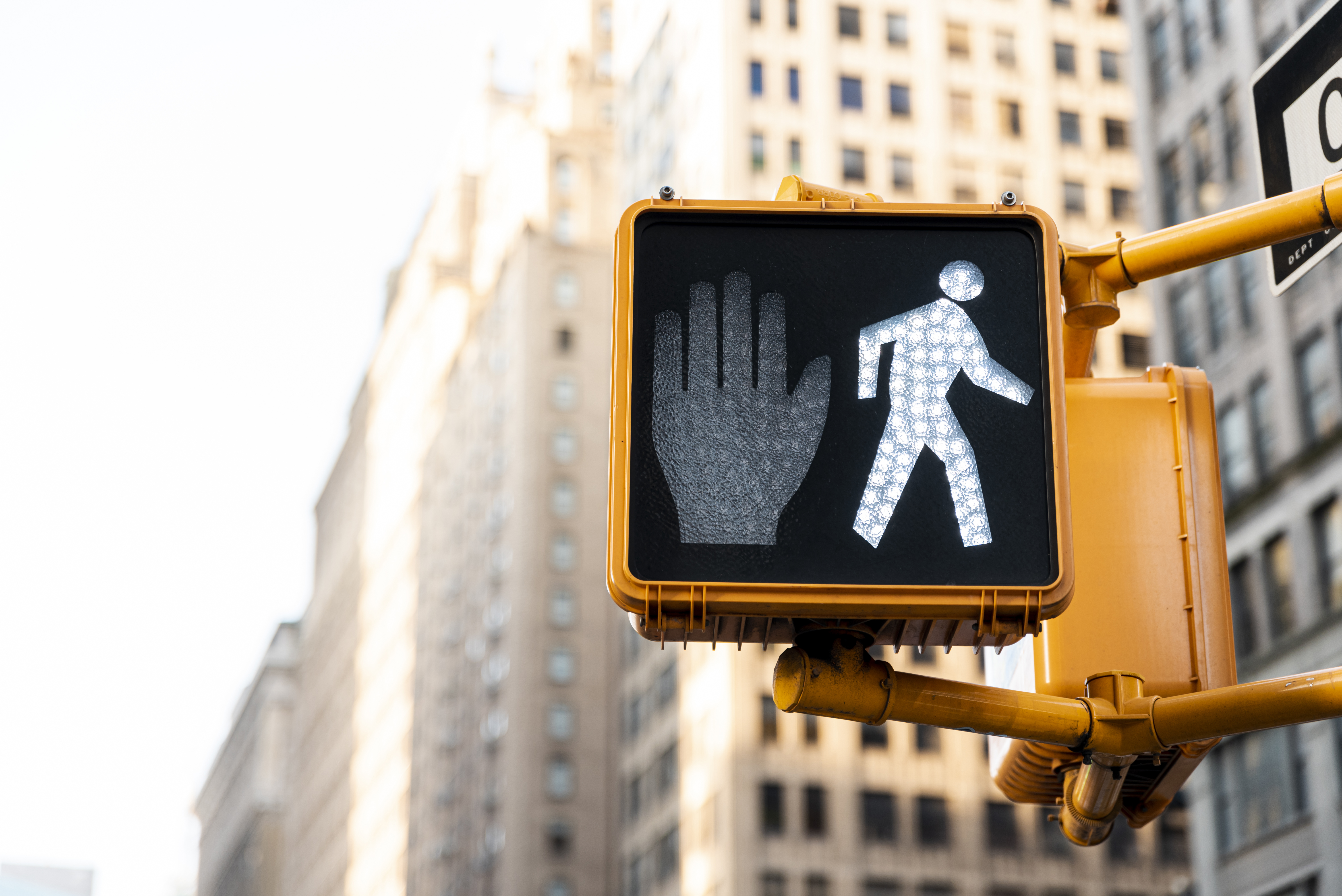One of the aspects The most common and common in our life is the use of motor vehicles and mopeds, widely used as a regular means of transportation to work, carry out leisure activities and a long etc..
Also common and very recurrent are the attendance to celebrations of all kinds, whether they are family, with friends and / or co-workers, in which alcohol consumption is frequent, even in small quantities.
And when both parameters are mixed, alcohol and cars, a “cocktail” is produced that can lead to commission of any of the crimes against traffic safety regulated in the Penal Code, with the consequences that derive from it, how much a small alcohol intake is enough (some beers or glasses of wine) for the breathalyzer test result to be positive.
Notable changes in the criminal treatment of road safety
How are these crimes punished?
Preferential attention to crimes against road safety
Procedure for Traffic Crimes
Notable changes in the criminal treatment of road safety
Nowadays, and after a few years in which the judicial response to driving under the influence of alcohol was excessively lax, it has been produced notable changes in the criminal treatment of road safety, increasing custodial sentences, as well as the time of withdrawal of the registration certificate, and including the criminalization of infractions that were previously only administrative in nature, such as speeding o la driving without a driver's license. Last, 1 of March, the new reform of the Penal Code on trafficking came into force.
How are these crimes punished?
The driving under the influence of alcoholic beverages and / or toxic drugs or with an expired alcohol level greater than 0,60 mg / l. (1.2 gs / l blood alcohol), as well as driving at speeds above 60 km / h on urban roads and 80 km / h on interurban roads the legally permitted is punished with:
- imprisonment from three to six months.
- fine of six to twelve months.
- with work for the benefit of the community from thirty-one to ninety days.
- with the deprivation of the right to drive motor vehicles and mopeds for a time greater than one and up to four years.
Preferential attention to crimes against road safety
The aggravation of penalties has been the consequence of a growing social reproach to conduct related to crimes committed in the traffic of vehicles and on the occasion of this, what has had the effect that in Spain crimes against road safety enjoy preferential attention, since moral rejection by society is a key attitude towards road offenders. In Spain, the decreases in road accidents have been due to the hardening of criminal laws and their effective application, together with the rejection of road violence generated by the various campaigns carried out. further, the media have been involved in the cause and offer better quality information, respecting the victim and showing the perpetrator as the author of socially deviant behavior.
Procedure for Traffic Crimes
On the other hand, and for greater effectiveness in judicial response, The procedure for the prosecution of this type of crime is called Quick Trial (regulated in article 795 and following of the Criminal Procedure Law). It is a procedure in which all actions (both instruction and oral trial) are carried out in a very short period of time before the Guard Court, which reinforces the general perception of the judicial priority in the prosecution of this type of crime and the effectiveness of its punishment.
Reduction of casualty victims, the tightening of traffic regulations, the involvement of the Public Prosecutor's Office specialized in Road Safety, the preparation of the Security Forces and Bodies and the awareness of victims' associations and the media, attest to it.

Leave a Reply